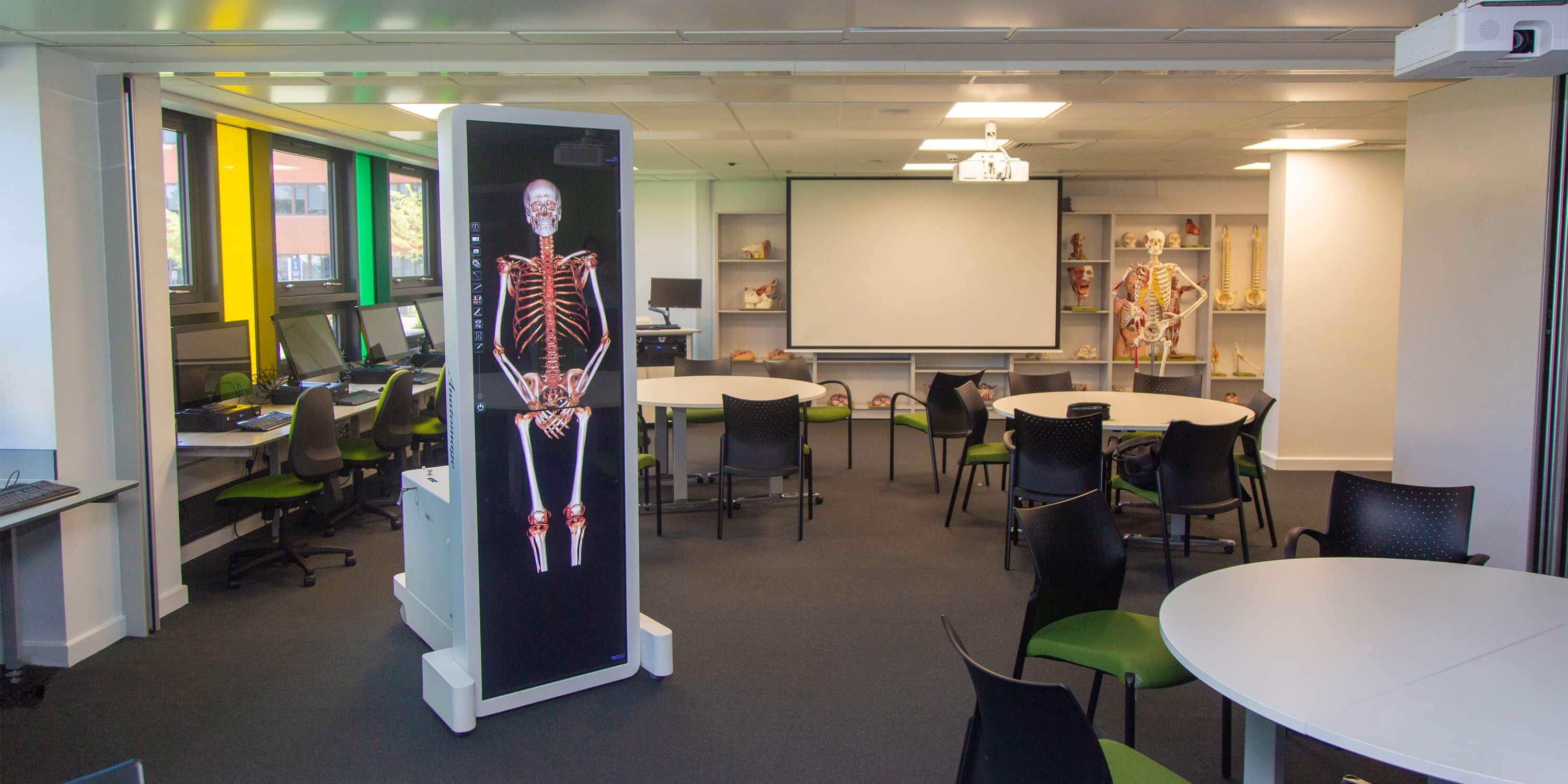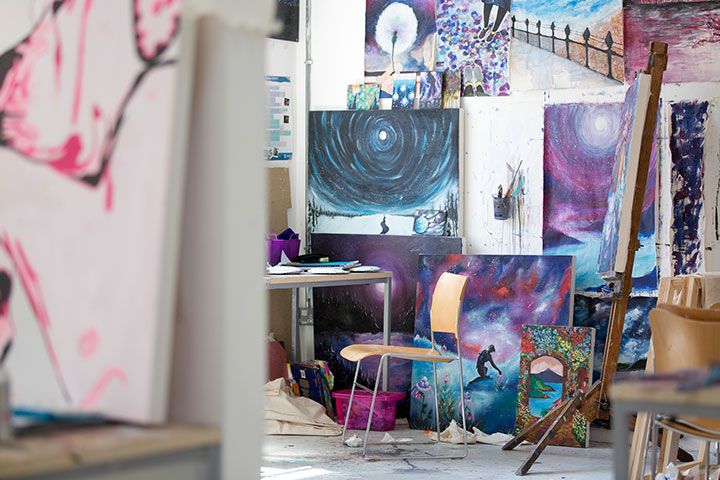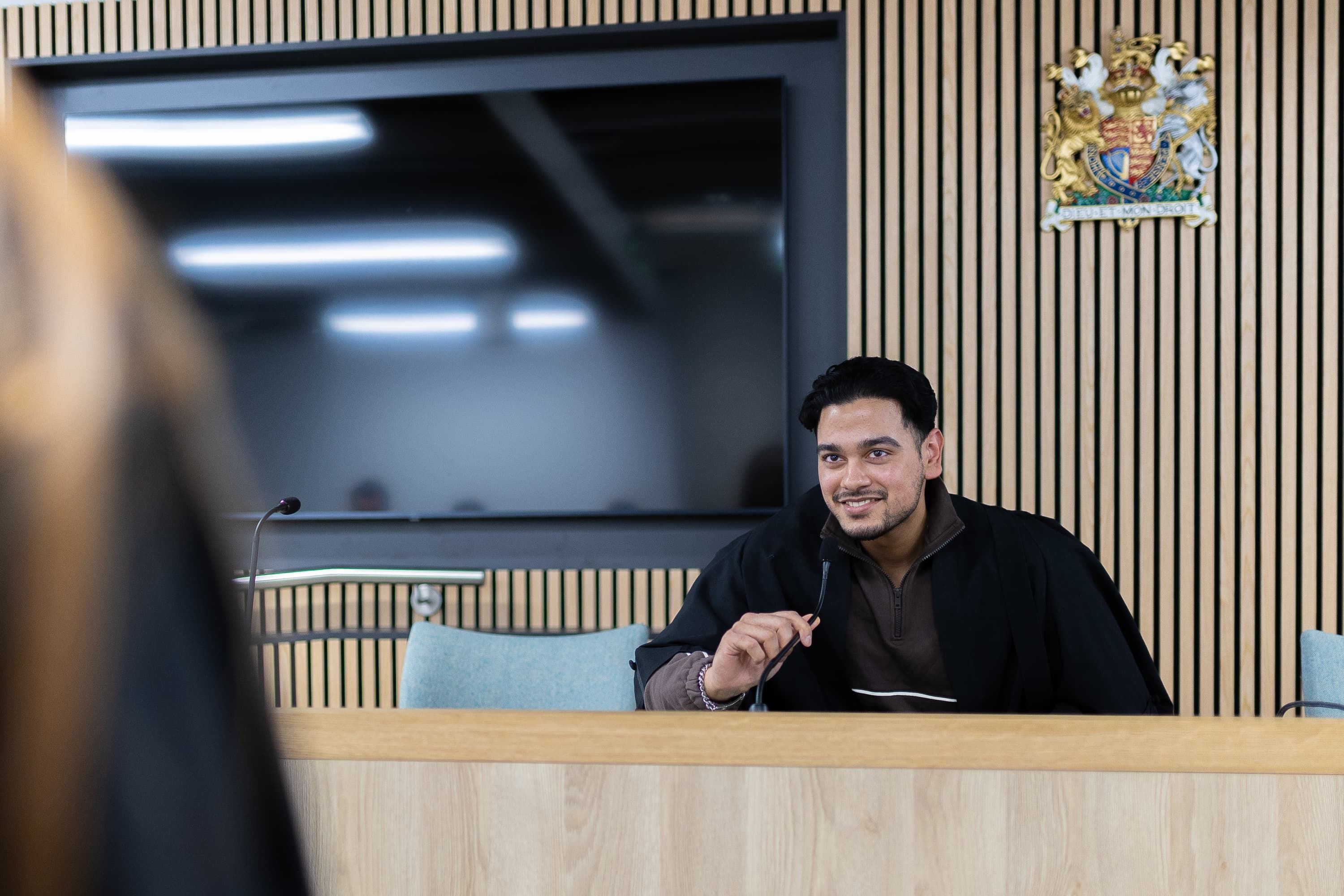University Hosts First-Ever Hackathon to Tackle Real-World Sustainability Challenges
The University of Sunderland has successfully hosted its first 12-hour student Hackathon, bringing together learners from across disciplines to develop digital solutions to real-world sustainability problems.
The event, a collaboration between the University’s Sustainability Team and the Developer Society, saw 14 students form three cross-disciplinary teams and respond to the challenge:
"There are multiple travel tickets and fare zones offered by different operators. How can we make it easier for the public to quickly figure out what ticket they need?"
The aim was to make public transport options clearer, more accessible, and user-friendly, especially for newcomers or visitors navigating the local transport system.
Participants had a full day of brainstorming, coding, designing, and presenting. The event featured expert mentors, free refreshments, and presentations from industry and academic speakers, including insights from the Smart Cities Team at Sunderland City Council and a motivational talk from Bahr Adnani, a Computer Science graduate, on building a standout CV through volunteering and project work.
“It was inspiring to see how quickly students from different backgrounds gelled and came up with creative solutions to a very real problem. There was a fantastic energy in the room, and this event is a great example of how we can bring sustainability, digital innovation, and student leadership together. We're excited to build on this momentum.” – Laura Kerry, Sustainability Officer, University of Sunderland.
After much deliberation, judges selected The Three Acers, made up of students Will Hall, David Okolie, and Danylo Hrekov, as the winning team. The trio, who met for the first time on the day, impressed judges with their teamwork, presentation skills, and thoughtful solution. Each received an Amazon voucher and a certificate of achievement endorsed by the Developer Society, University of Sunderland, and Sunderland City Council.
Student volunteers also played a crucial role in the day, helping with logistics, check-in, and catering to ensure the event ran smoothly.
“By showcasing the hackathon, we hope to raise awareness of the collaborative work happening across our student communities. It highlights the University’s support for student-led initiatives and reflects our shared commitment to sustainability and innovation. We’d love to see even more students involved next time!” – Cristina Corerra Segade, President of the Developer Society
The event was held in the Digital Incubator Hub at the University of Sunderland. The Hub aims to help small businesses and start-ups succeed by providing access to space for them to grow, as well as specialist facilities and expertise. The wheels are already in motion to build on the ideas presented, with hopes of organising summer sessions and developing the projects further in partnership with the Student Innovation and Knowledge Exchange team at the Centre for Graduate Prospects and local stakeholders.




